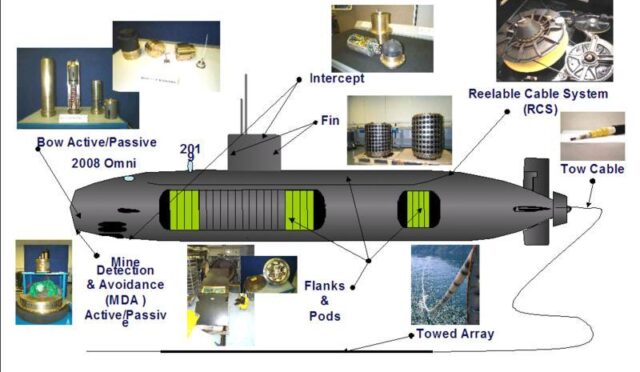Royal Navy Nuclear Submarines: New £9 Billion Deal
The British government has recently unveiled a significant deal with Rolls-Royce, a leading engine manufacturer, aimed at bolstering the Royal Navy’s fleet of nuclear submarines. Valued at an impressive £9 billion ($11 billion), this multi-year contract is anticipated to not only enhance national security but also stimulate economic growth within the UK. Prime Minister Keir Starmer’s Labour administration has highlighted that this agreement is expected to create over 1,000 new jobs while also safeguarding an additional 4,000 positions in the country.
Defence Secretary John Healey emphasized the strategic importance of this investment while visiting Rolls-Royce’s nuclear reactor production facility in Derby. He stated, “This investment in Britain’s defence will deliver a long-term boost to British businesses, jobs, and national security.” Healey further reinforced that national security is a cornerstone of the government’s agenda, demonstrating a steadfast commitment to maintaining the UK’s nuclear deterrent amidst rising global tensions.
Economic Impact and Job Creation
The deal is projected to yield significant savings for British taxpayers, with the government claiming that it will provide better value for money through reductions exceeding £400 million. This financial efficiency is especially critical as the Labour government seeks to fulfill its promises of economic revitalization since regaining power in July. The strategic partnership with Rolls-Royce aligns with Labour’s broader ambitions to foster growth and stability in the UK economy.
Steve Carlier, President of Rolls-Royce Submarines, commented on the eight-year contract, stating it allows the company to make essential investments in skills, equipment, and facilities. Such enhancements are vital for ensuring the protection of UK interests, both domestically and internationally. This commitment not only strengthens the military capabilities of the Royal Navy but also positions Rolls-Royce as a pivotal player in the defense sector.
International Defense Collaborations
This latest agreement comes on the heels of another significant announcement made in October, where Britain and Germany, the largest defense spenders in Europe, agreed to a ‘milestone’ deal. Under this arrangement, German submarine-hunting aircraft will operate from British bases, marking a notable step in international defense cooperation. These collaborations are essential for enhancing collective security measures across Europe, particularly in the face of evolving global threats.
The synergy between these defense initiatives underscores a growing trend towards unified military operations among European nations. By integrating resources and sharing capabilities, the UK and its allies aim to bolster their defenses against potential adversaries, ensuring a more robust and responsive military posture in uncertain times.






